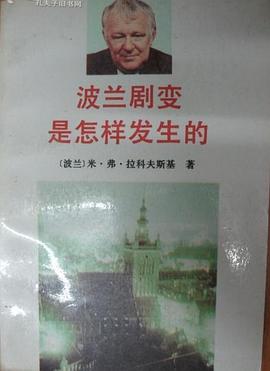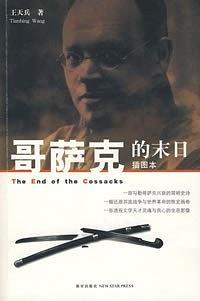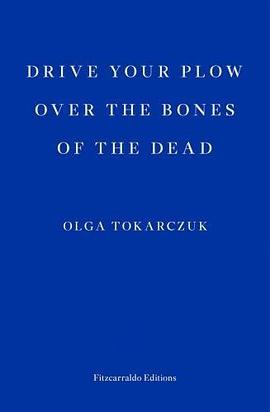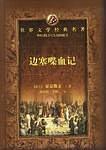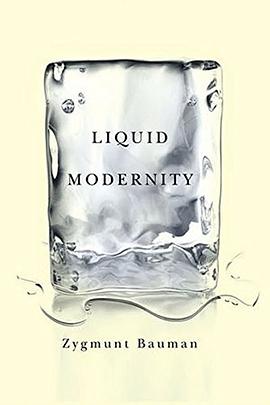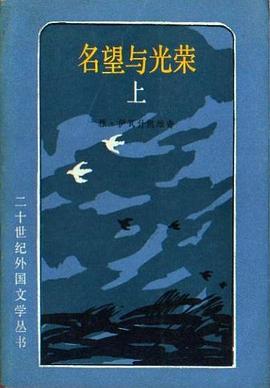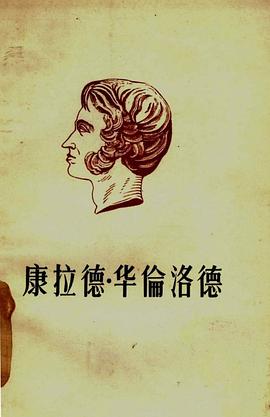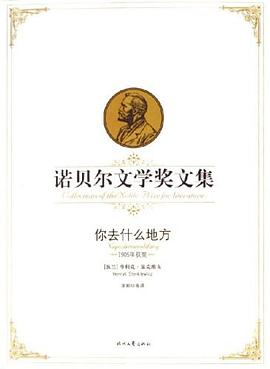

具體描述
The Captive Mind begins with a discussion of the novel Insatiability by Stanisław Ignacy Witkiewicz and its plot device of Murti-Bing pills, which are used as a metaphor for dialectical materialism, but also for the deadening of the intellect caused by consumerism in Western society. The second chapter considers the way in which the West was seen at the time by residents of Central and Eastern Europe, while the third outlines the practice of Ketman, the act of paying lip service to authority while concealing personal opposition, describing seven forms applied in the people's democracies of mid-20th century Europe.
The four chapters at the heart of the book then follow, each a portrayal of a gifted Polish man who capitulated, in some fashion, to the demands of the Communist state. They are identified only as Alpha, the Moralist; Beta, The Disappointed Lover; Gamma, the Slave of History; and Delta, the Troubadour. However, each of the four portraits were easily identifiable: Alpha is Jerzy Andrzejewski, Beta is Tadeusz Borowski, Gamma is Jerzy Putrament and Delta is Konstanty Ildefons Gałczyński.
The book moves toward its climax with an elaboration of "enslavement through consciousness" in the penultimate chapter and closes with a pained and personal assessment of the fate of the Baltic nations in particular.
著者簡介
Czesław Miłosz memorialised his Lithuanian childhood in a 1955 novel, The Issa Valley , and in the 1959 memoir Native Realm . After graduating from Sigismund Augustus Gymnasium in Vilnius, he studied law at Stefan Batory University and in 1931 he travelled to Paris, where he was influenced by his distant cousin Oscar Milosz, a French poet of Lithuanian descent and a Swedenborgian. His first volume of poetry was published in 1934.
After receiving his law degree that year, he again spent a year in Paris on a fellowship. Upon returning, he worked as a commentator at Radio Wilno, but was dismissed, an action described as stemming from either his leftist views or for views overly sympathetic to Lithuania. Miłosz wrote all his poetry, fiction and essays in Polish and translated the Old Testament Psalms into Polish.
Awarded the 1980 Nobel Prize in Literature for being an author "who with uncompromising clear-sightedness voices man's exposed condition in a world of severe conflicts."
圖書目錄
讀後感
社科文献出版社·甲骨文致力于为读者提供有价值的高品质读品。译介国外的经典社会科学类理论著作和学术畅销书是我们图书系列的主要方向。作为一个新的品牌,敬请广大读者关注、批评!您的任何意见可通过以下三种方式提供给我们:在我们的新浪微博[http://weibo.com/oracode(社...
評分一个来自喀尔巴阡山区的老犹太人:如果有两个人吵架,其中一个百分之五十五有理,这很好,也没什么可吵的。但是如果有人百分之六十有理呢?那就更好了,这多么走运啊,要感谢上帝!如果有人百分之七十五有理会怎样?聪明的人就会说,这非常可疑。要是有人百分之百有理...
評分 評分生活已经发生改变 我发现了一个惊人的秘密:米沃什其实是一个不折不扣的中国诗人。 当然你可以把我的发现当作一种玩笑,但是我必须告诉你这是千真万确的,而且我拥有一份长达289页的文件(这个文件的英文版本是251页)证明这一点。其实这份文件你也可以买到,这就是米沃什...
評分用戶評價
半世紀之前的政治學卻差點讀哭瞭
评分花瞭很久來讀這本小書,覺得它講齣瞭我很久以來一直不知如何錶達的東西:在一個極權社會裏,語言是如何成為囚籠並將人深睏於其中的。
评分花瞭很久來讀這本小書,覺得它講齣瞭我很久以來一直不知如何錶達的東西:在一個極權社會裏,語言是如何成為囚籠並將人深睏於其中的。
评分半世紀之前的政治學卻差點讀哭瞭
评分花瞭很久來讀這本小書,覺得它講齣瞭我很久以來一直不知如何錶達的東西:在一個極權社會裏,語言是如何成為囚籠並將人深睏於其中的。
相關圖書
本站所有內容均為互聯網搜索引擎提供的公開搜索信息,本站不存儲任何數據與內容,任何內容與數據均與本站無關,如有需要請聯繫相關搜索引擎包括但不限於百度,google,bing,sogou 等
© 2025 book.quotespace.org All Rights Reserved. 小美書屋 版权所有




